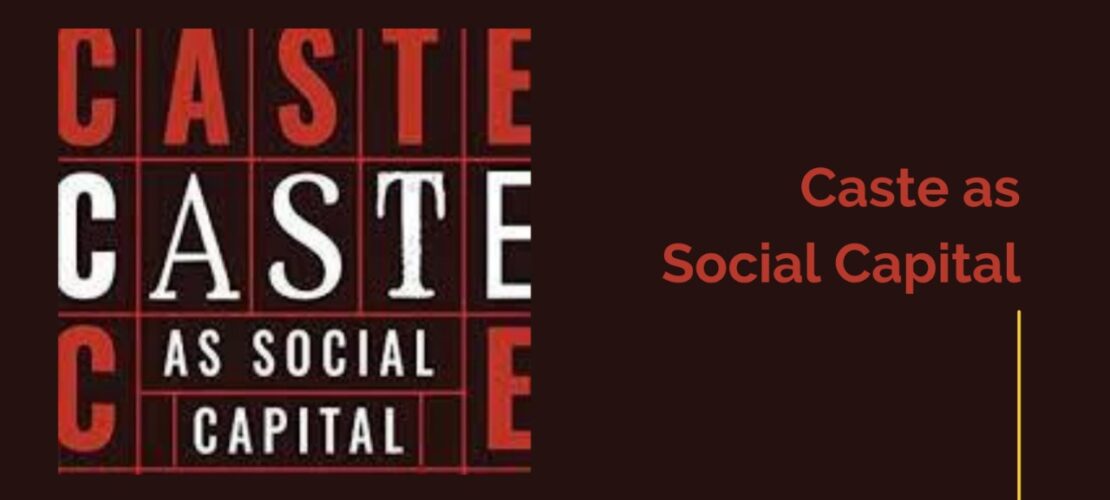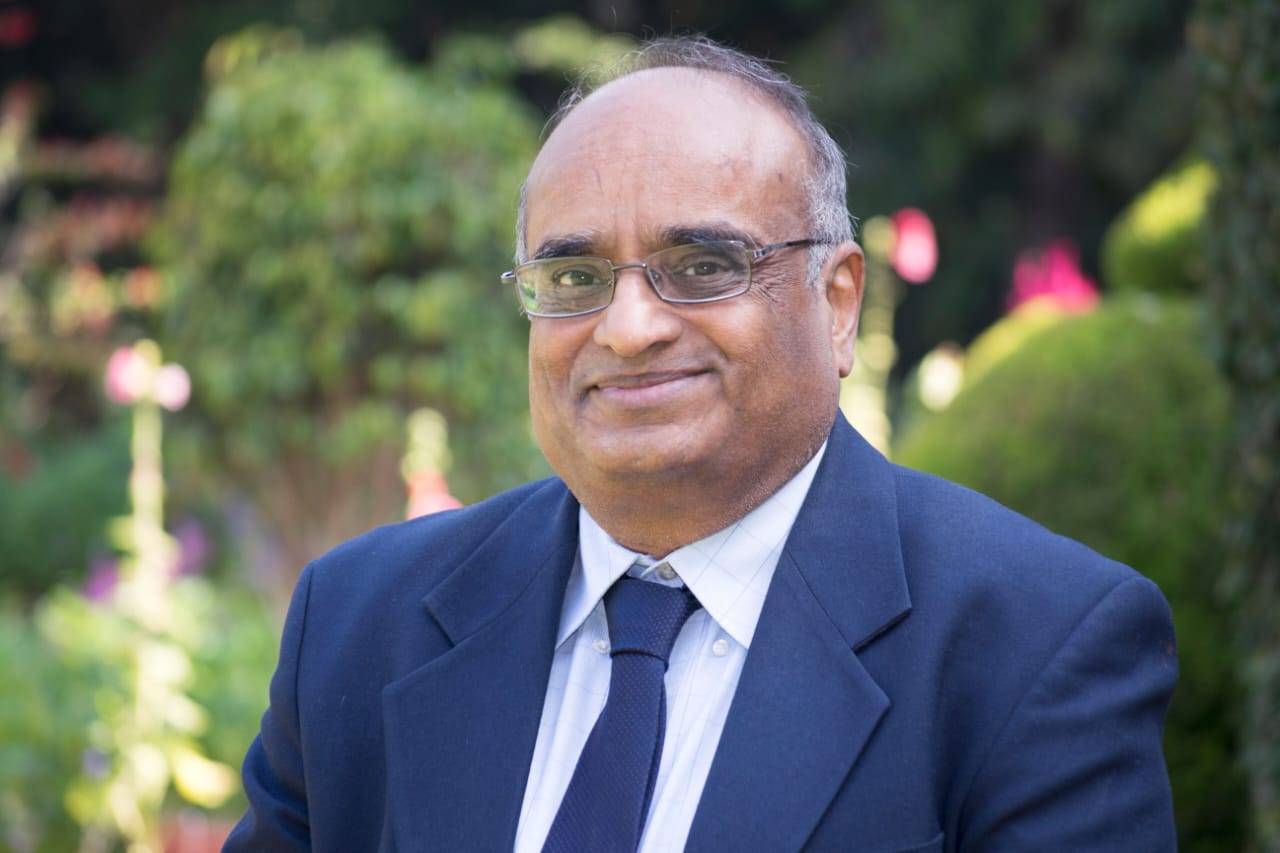
Caste as Social Capital
Caste has, by and large, only been studied from a religious, social and political angle. Though it is widely accepted that caste has economic ramifications, any study of this aspect has been limited to looking at caste groups in terms of their per capita income, their representation in various professions, and other statistical details.
This Indica Course shall examine the workings of caste through the lens of business, economics and entrepreneurship. It shall also delve into the role played by caste in the economic sphere in terms of facilitating the nuts and bolts of business and entrepreneurship: finance, markets and workforce.
Enroll into this Indica Course for a qualitative view of caste and to discover hitherto unexplored aspects of this age-old institution.
Faculty
2 April 2022 - 4 June 2022
06:00 PM-7:30PM IST
Every Saturday
Introduction
Many consider caste as an outdated institution, and yet it thrives in the post-liberalization India. The establishment and running of businesses tap into caste networks, both in terms of arranging finance and providing access to a ready workforce.
By and large, caste has only been studied from a religious, social and political angle. Though it is widely accepted that caste has economic ramifications, any study of this aspect has been limited to looking at caste groups in terms of their per capita income, their representation in various professions, and other statistical details.
This Indica Course is based on the bestselling work Caste as Social Capital by Prof. R Vaidyanathan, where he examines the workings of caste through the lens of business, economics and entrepreneurship.
Through this course, learners will be able to explore the role of caste in the economic sphere in terms of facilitating the nuts and bolts of business and entrepreneurship: finance, markets and workforce.
Learners will discover hitherto unexplored aspects of this age-old institution:
- Role of caste in business development
- Capital formation’
- Risk mitigation
- Availability of credit/loans
- Facilitating global market access
- Acceptance of failure
- Economic Clusters are caste clusters
- Traditional business groups
- New business
- Vaishyavisation of India
- Externalities of Caste as Social Capital—Schools/Colleges/Temples/Choultries
- Caste in business unite and in Politics Divide
Syllabus
- Chapter 1 : Caste discrimination in education in the past using the pioneering work of Dharampal in the field of education
- Chapter 2 : Reservation in education
- Chapters 3 and 4: Caste categories and entrepreneurship
- Chapter 5: Social capital as understood in Western contexts
- Chapter 6: Social capital in the Indian context
- Chapter 7: Caste and economic clusters
- Chapter 8: Vaishyavisation of India
- Chapter 9: Caste and the service sector in India
- Chapter 10: Role of caste in politics

